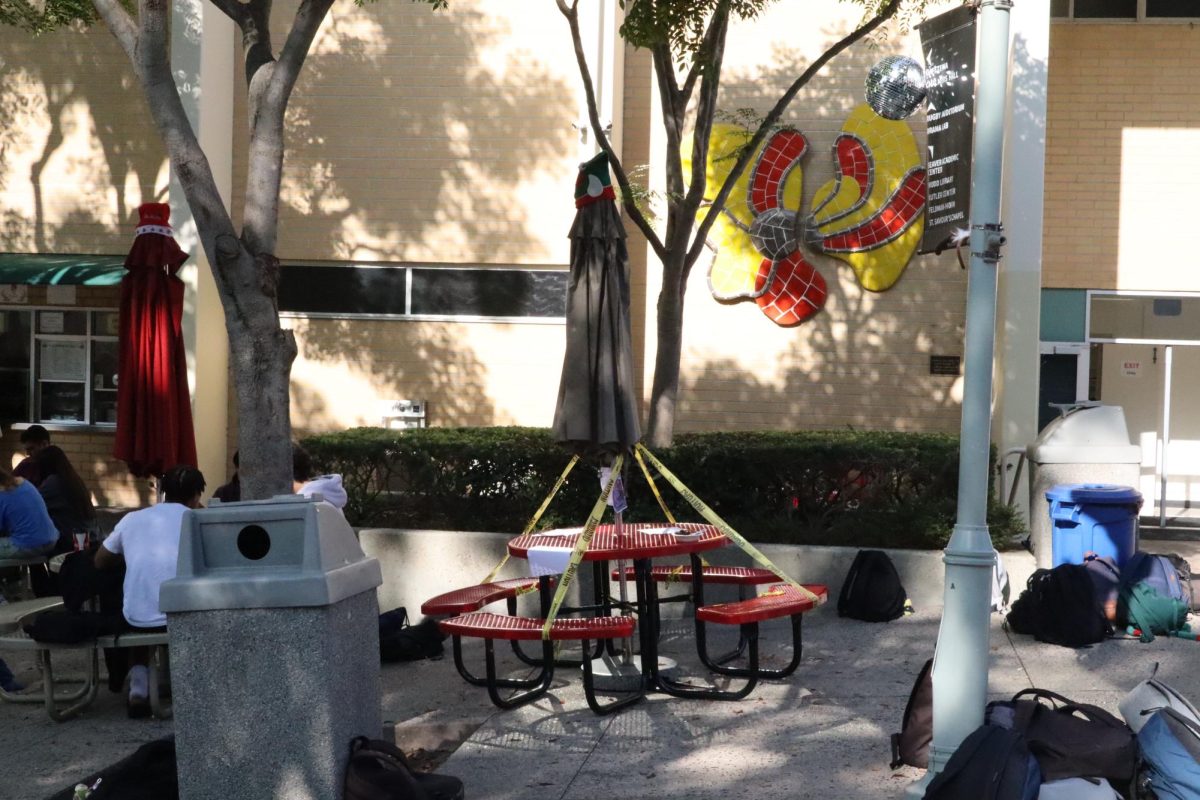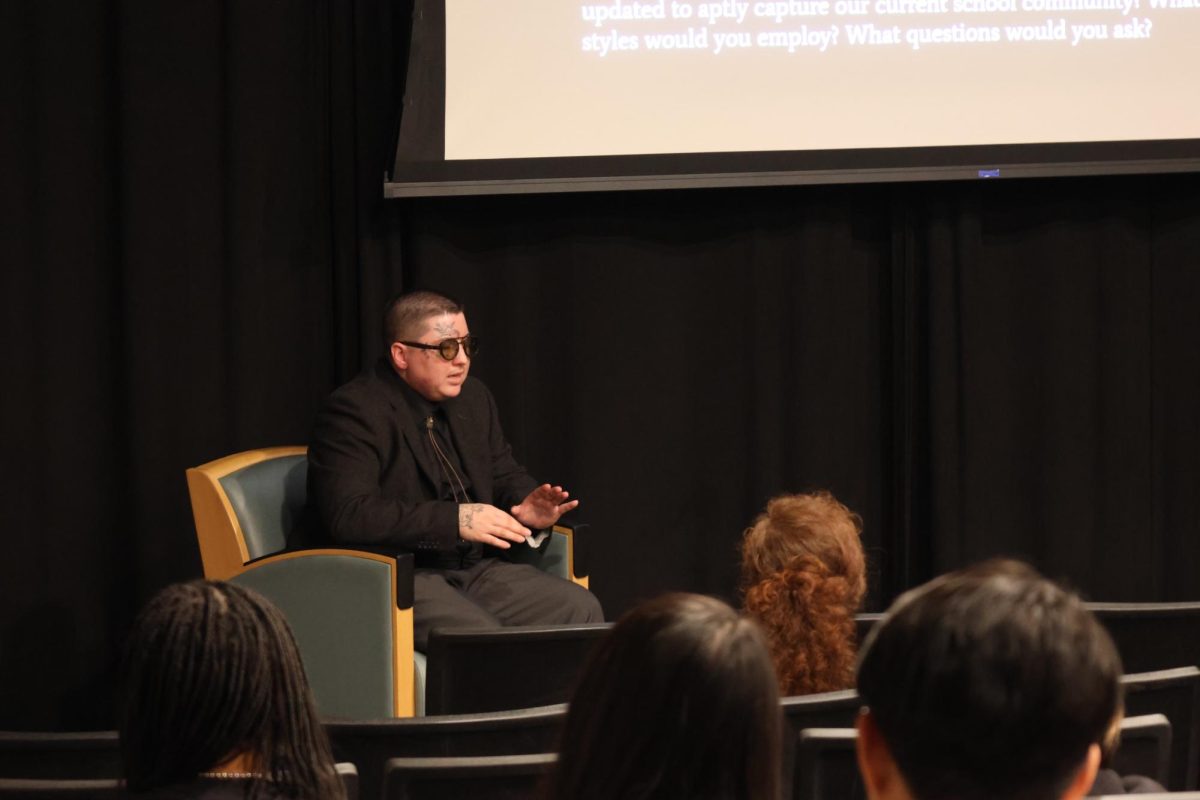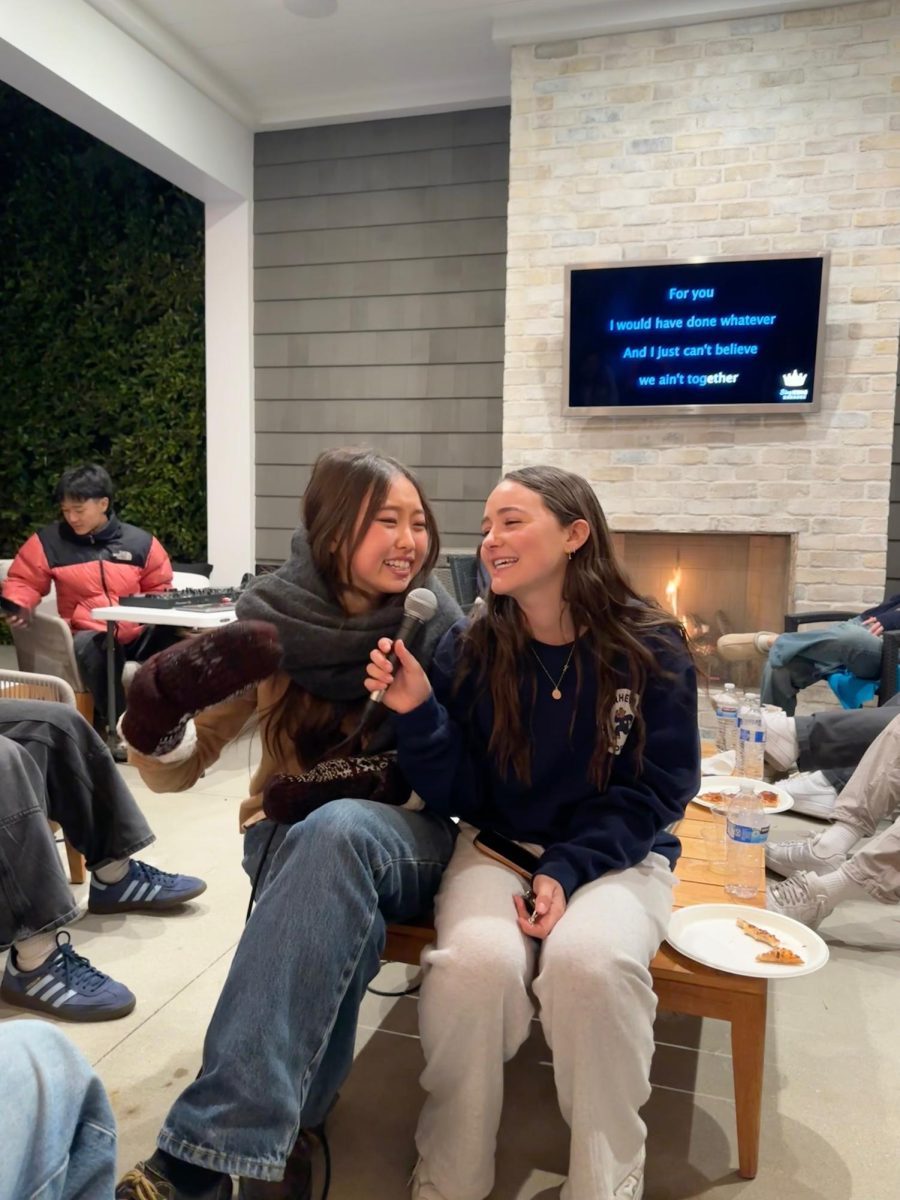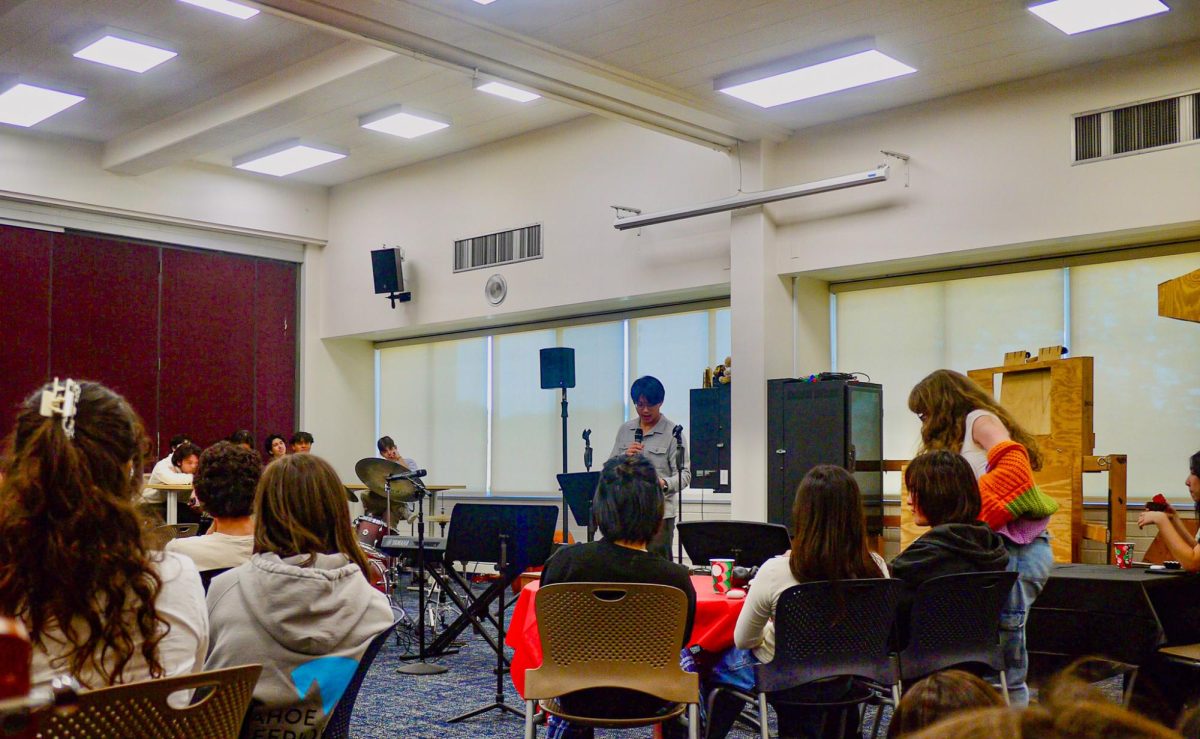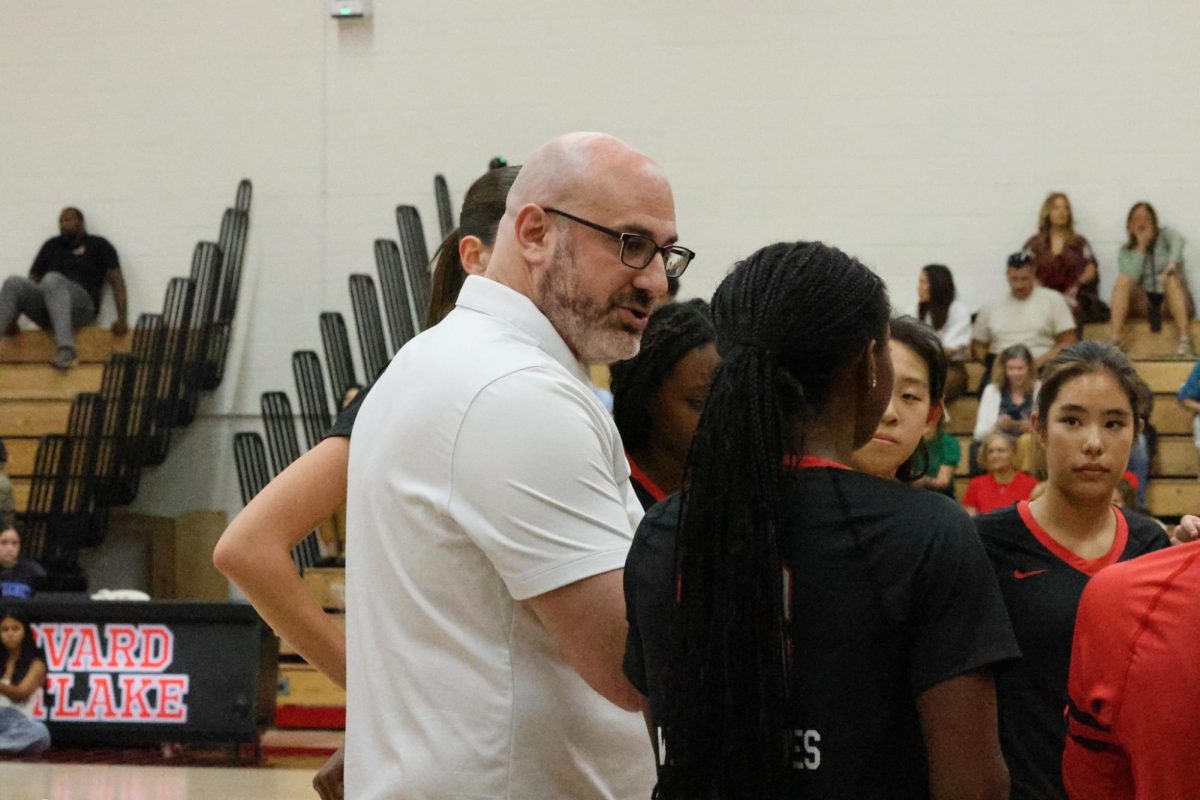BLACC hosted a panel on youth activism and social justice in the Trump era on Martin Luther King Day, featuring Bakari Kitwana, Yusef Salaam, Jasiri X, And Gaye Theresa Johnson.
Kitwana, an author and activist led the discussion by talking about the affect that segregation and racism has had on youth activism. He also praised those who influenced the way he thought about racism as a child.
He continued by reading inspirational quotes said by Martin Luther King and talking about the impact Martin Luther King had on the Civil Rights Movement. He finished off his speech by mentioning the controversy and quarreling that has emerged due to President Donald Trump.
“I think that we have to get a little bit more thick skinned because this is what politics are and this is how you changed the world,” Kitwana said.
X, a rapper and activist who has expressed his views on race and hip hop in institutions all across the nation, discussed the importance of his song “Free the Jena 6,” which is about the 2006 incidence where six black teenagers in Louisiana were convicted of beating a white student at their school. He also mentioned that he really enjoys how people are not waiting to take action when it comes to topics and events that involve racism or injustice.
“You don’t have to wait. You don’t necessarily have to go and get two or four years of school and a degree before you can do something” X said.
Syrian-American scholar, Maytha Alhassen, voiced her opinions on social justice and other topics involving racism. Alhassen talked about how social media has a huge affect on youth activism because you are able reach people on an international level.
She lastly the social injustice movements that not only happened in America, but took place in places such as Egypt.
“I was immensely inspired by the Women’s march, but I know that we can do way more”, Alhassen said.
Salaam, one of the Central Park Five who were wrongly convicted of rape and served jail time for this crime, talked about his experience in jail serving time for a crime he did not commit and the hatred he and the other 4 members of the Central Park Five received from Donald Trump even though they had been wrongly convicted.
“He did not wait for facts when it came to the Central Park 5. He quickly rushed to judge and their was no assumption that maybe they might be innocent and we have to prove them guilty. Because of the color of our skin that false narrative was being pumped into the minds and hearts of the people” Salaam said.



